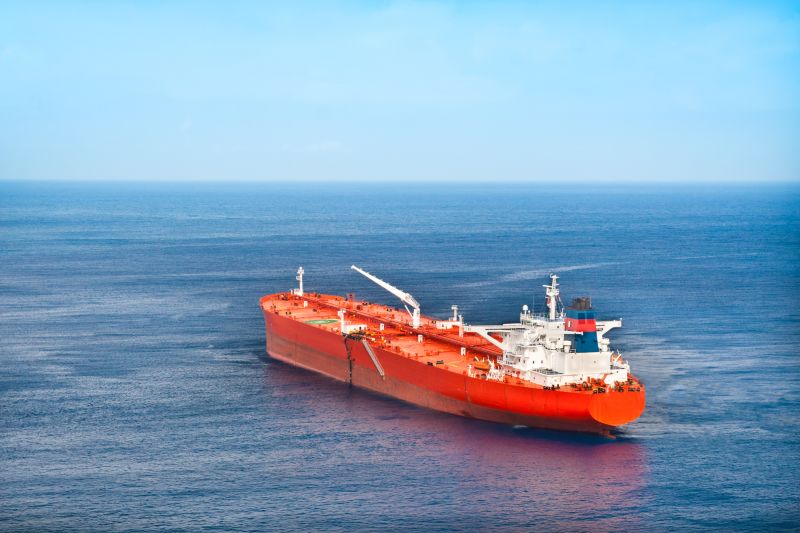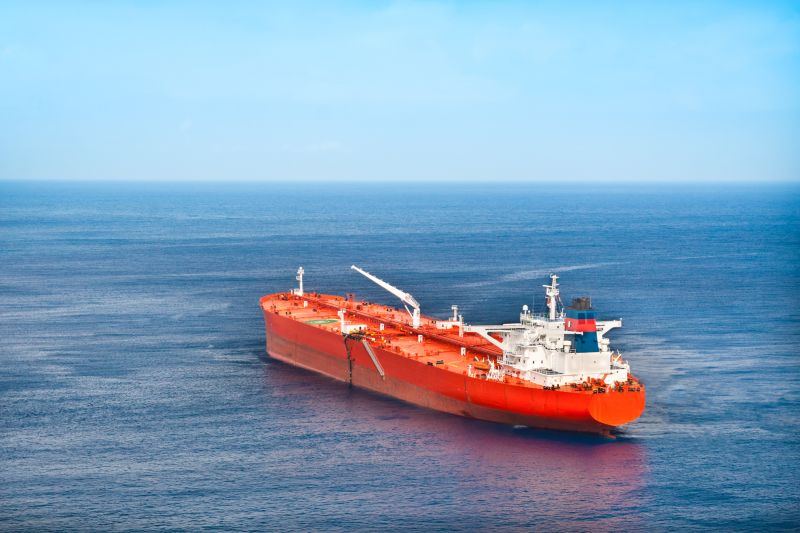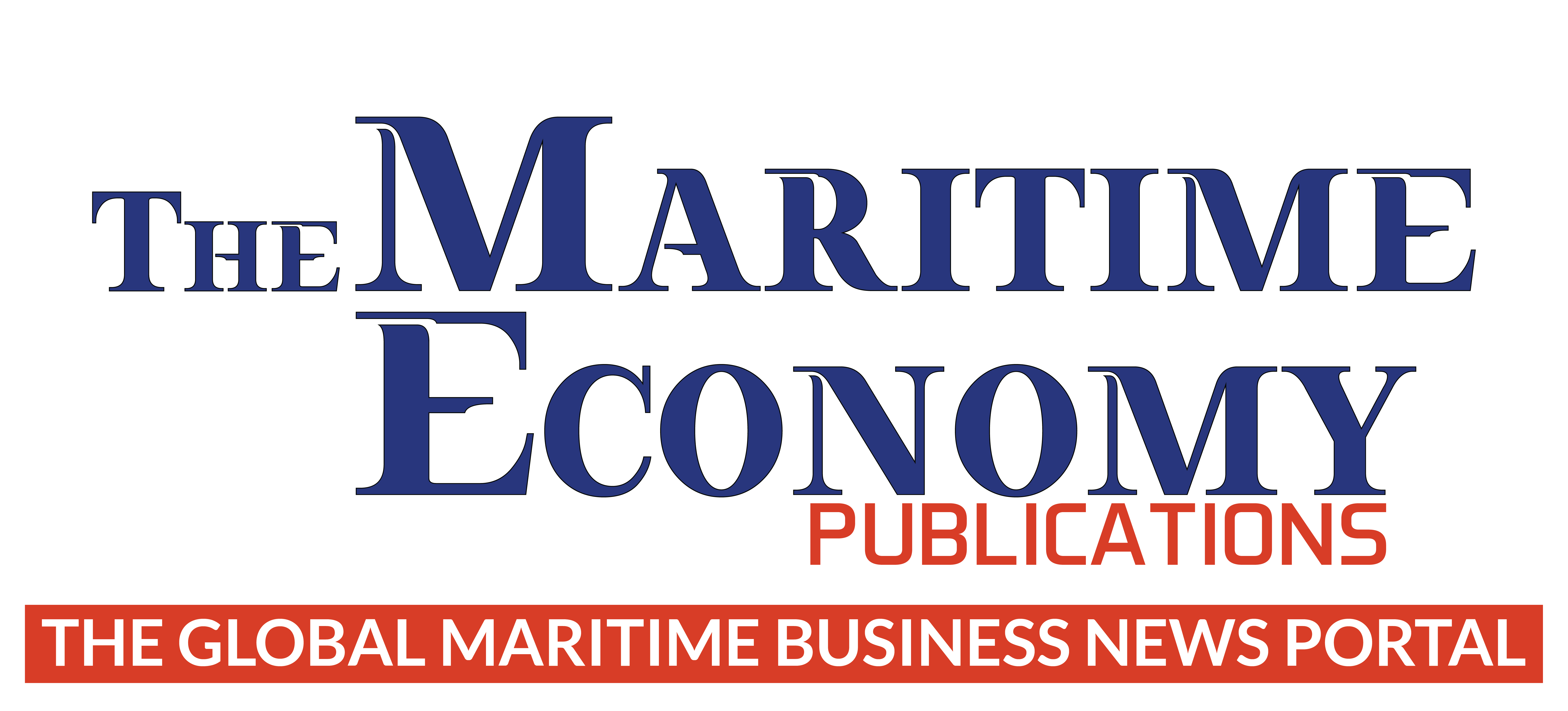Weekly Tanker Market Report - The Clock is Ticking

Weekly Tanker Market Report - The Clock is Ticking
In just a couple of days from now, the EU ban on imports of Russian crude will come into effect. Still, huge uncertainty remains about the impact of sanctions and the price cap itself. The cap is designed to give additional bargaining power to buyers in third countries with minimal disruptions to crude flows. However, Russia has repeatedly stated (prior to the announced cap of $60/bbl) that it will not sell its crude under these conditions and is reportedly seeking to boost the recognition of Russian maritime cargo insurance. As such, the next few weeks will be critical, revealing how strong Russian determination not to sell its barrels under an arguably reasonable price cap level is, the appetite for Russian crude in third countries as well as the potential capacity of the tanker fleet willing to service price capped and/or non-price-capped exports of Russian barrels.
What will happen on the crude side, will offer an indication of what is likely to happen when the EU ban on imports of Russian clean and dirty products comes into effect on 5th of February. Yet, whilst there are many similarities between the crude and product markets, there are also some differences. Russian crude exports to the UK and EU countries in Northwest Europe (which in the past, accounted for the vast majority of Russian trade to Europe) have been in steady decline since spring, falling to just 120 kbd in November from 1.27 mbd in January/February 2022. In contrast, Russian clean exports to the UK/EU show a considerably slower rate of decline, with the trade averaging 0.77 mbd in October versus 1.2 mbd during the 1st two months of this year. Furthermore, exports actually increased to 1 mbd in November, which suggests that Russia could be maximizing product exports until the February deadline.
Read complete report here: Download


